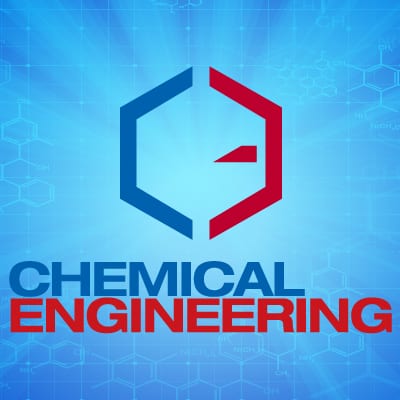Groundbreaking Green Hydrogen Agreement to Transform German Refinery
Key Ideas
- TotalEnergies and RWE have signed a 15-year agreement for the supply of 30,000 metric tons of green hydrogen per year to TotalEnergies' refinery in Leuna, Germany, from 2030.
- The use of green hydrogen in the refinery is projected to save 300,000 metric tons of CO2 emissions annually, equivalent to the emissions of 140,000 cars.
- The agreement signifies a significant step towards decarbonization in the German market, with a focus on reducing greenhouse gas emissions, fostering industry demand for green hydrogen, and strengthening the hydrogen economy infrastructure.
- The supply of green hydrogen will be supported by RWE's 300-megawatt electrolysis plant in Lingen, which will operate with electricity from renewable sources, ensuring compliance with EU regulations on hydrogen production.
TotalEnergies SE and RWE AG have reached a groundbreaking agreement for the supply of green hydrogen to TotalEnergies' refinery in Leuna, Germany. Under this 15-year deal, RWE will provide 30,000 metric tons of green hydrogen annually starting in 2030, marking the largest quantity of climate-neutral hydrogen ever contracted from an electrolyzer in Germany. The partnership aims to significantly reduce CO2 emissions, with the use of green hydrogen expected to save 300,000 metric tons of CO2 per year, equivalent to the emissions of 140,000 cars.
The agreement is seen as a pivotal moment for the German market, emphasizing the importance of transitioning towards sustainability and reducing greenhouse gas emissions. It also highlights the critical role of green hydrogen in decarbonizing industries such as refineries. Both TotalEnergies and RWE executives have expressed enthusiasm for the partnership, emphasizing the value of long-term green contracts and the positive impact of green hydrogen on CO2 reduction.
The collaboration between TotalEnergies and RWE is supported by the German hydrogen core network, which will facilitate the transportation of green hydrogen from production sites like Lingen to industrial hubs such as Leuna. The development of infrastructure, including a 9,000-kilometer pipeline network, is crucial for scaling up green hydrogen production and consumption across Germany. Additionally, efforts to comply with EU regulations on hydrogen production by using renewable electricity underline the commitment to sustainable practices.
Overall, the agreement between TotalEnergies and RWE signifies a significant milestone in the advancement of the hydrogen economy in Germany, showcasing the potential for green hydrogen to drive industrial transformation, reduce carbon emissions, and foster sustainable growth in the region.
Topics
Green Hydrogen
Renewable Energy
Sustainability
Energy Transition
Green Economy
Infrastructure Development
Industry Transformation
Climate Neutrality
Refinery Operations
Latest News
